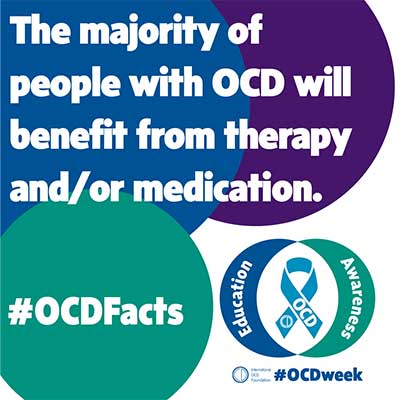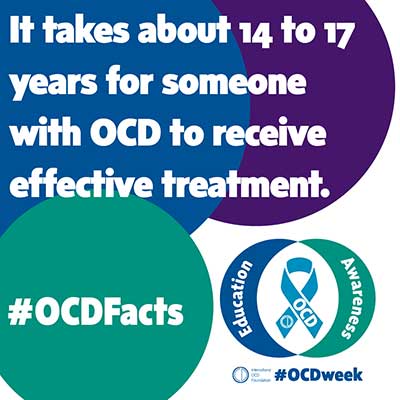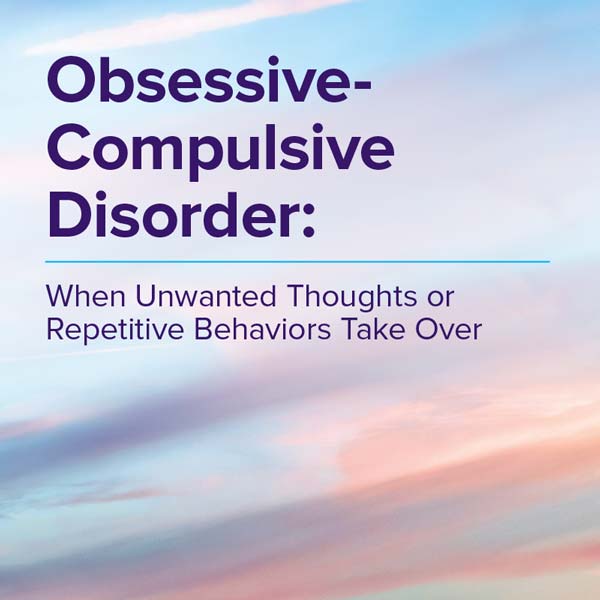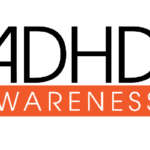Learn about Obsessive Compulsive Disorder
Obsessive-Compulsive Disorder (OCD) is a common, long-lasting disorder characterized by uncontrollable recurring thoughts (obsessions) that can lead people to engage in repetitive behaviors or rituals (compulsions) that they cannot control.
Obsessions are often associated with themes, such as a fear of contamination or dirt, or the need to have things orderly, in lines and symmetrical. Likewise, compulsions often include themes such as cleaning, counting, checking things repeatedly or silently chanting words or phrases. Symptoms typically worsen under greater stress and vary in severity from being mild or moderate to becoming so severe that it becomes disabling.
People with OCD often also experience anxiety and depression.
Whether your OCD is mild or debilitating, with proper care, you can overcome its impact on everyday life.

Signs of Obsessive Compulsive Disorder (OCD)
People with OCD have symptoms of obsessions, compulsions, or both. These symptoms can interfere with all aspects of life, such as work, school, and personal relationships.
Not all habits are compulsions, but someone with OCD can’t control these thoughts or behaviors, spending at least one hour a day on these thoughts and behaviors and causing significant problems in daily life.
Obsessions
Obsessions are repeated thoughts, urges, or mental images that cause anxiety. Common obsessive symptoms include:
- Fear of germs or contamination
- Unwanted forbidden or taboo thoughts involving sex, religion, or harm
- Aggressive thoughts towards self or others
- Having things symmetrical or in perfect order
Compulsions
Compulsions are repeated behaviors that a person with OCD feels the need to do in response to an obsessive thought. Common compulsions include:
- Excessive cleaning or handwashing
- Ordering and arranging things in a particular, precise way
- Repeatedly checking on things (door locks, stove)
- Compulsive counting
Diagnosis and Treatment of Obsessive Compulsive Disorder
The first step is to talk with an experienced psychiatrist about your OCD symptoms in order for your provider to make an accurate diagnosis. Your provider will ask about your health history during your exam.
Sometimes people with OCD also have other conditions such as anxiety or depression, so it’s important to provide your healthcare provider with detailed information about your symptoms and history in order to maximize the effectiveness of your treatment.
Most studies show that the most effective treatments for OCD include Cognitive Behavioral Therapy, medication, or a combination of the two. Whether your OCD is mild or debilitating, with proper care, you can overcome its interference in everyday life.
Whether your OCD is mild or debilitating, with proper care, you can overcome its interference in everyday life.


Helpful Resources
- “I’m soooo OCD” + Other Common Myths About Obsessive-Compulsive Disorder
- Common Myths About OCD Treatment

Request Evaluation Today
We know that taking the first step can be difficult. Whether this is your first time seeking psychiatric care or if you are seeking a new provider, Novum Psychiatry can help. Our team of psychiatrists and therapists are committed to understanding your unique experience and working closely with you on a treatment plan to maximize the quality of your life.







